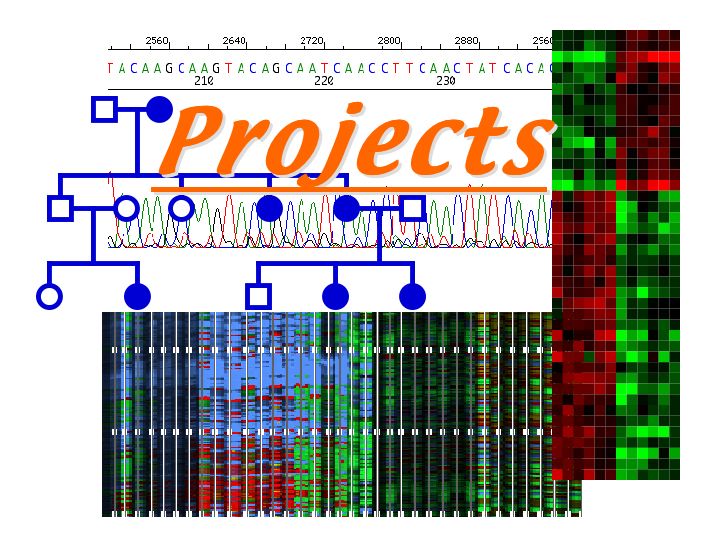



Christiana DelloRussoMutations in the breast cancer susceptibility gene BRCA1 predispose women to breast and ovarian cancer. I am interested in studying the biology of familial ovarian cancer because of the opportunity to examine the association between ovarian tumorigenesis and healthy reproductive physiology. The evaluation of BRCA1-associated ovarian cancer is uniquely suited to this study because most BRCA1-associated ovarian cancers occur in pre-menopausal women, and there is increasing evidence that BRCA1 is associated with estrogen-dependent processes generally. Genomic instability is characteristic of BRCA1-associated breast and ovarian tumors. BRCA1 is thought to play a major role in the DNA damage response that functions to maintain genomic stability. Germline inactivation of BRCA1 accounts for 15-45% of hereditary breast cancers, and at least 80% of combined breast and ovarian cancer cases. However, mutations in the BRCA1 gene are numerous and varied, and are not always causative of cancer. This leaves patients that carry some BRCA1 mutations unable to make informed decisions about treatment, and often following aggressive prophylactic measures. In addition, the cellular mechanisms that lead specifically to tumorigenesis in the breast and ovaries of patients that inherit deleterious mutations of BRCA1 are still unclear. This is partly due to a lack of human, BRCA1-null, tumor cell lines available for critical research. The goals these studies are twofold; 1) to increase the number of human BRCA1-null cell lines available for study, and 2) to utilize a novel cell line to test the functional consequences of BRCA1 missense mutations that we have detected in family studies. Together, these experiments will improve cancer risk assessment for the many patients that present with unclassified, but potentially deleterious, mutations in BRCA1.